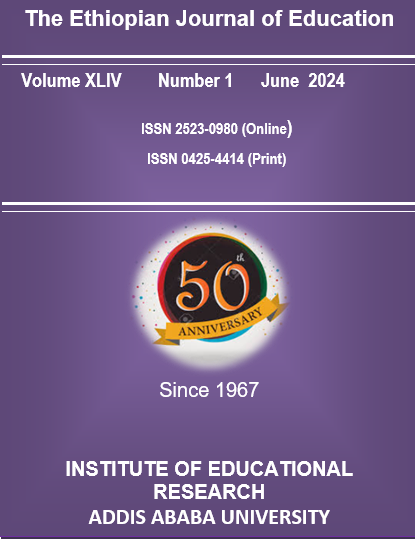Analysing Ethiopia's Two-Year General Secondary School Leaving Exams: Using Cheating and Assessment Lenses
Abstract
Exam cheating and malpractice are on the rise among high school students around the globe, including among those in Ethiopia. Educational authorities viewed them as major threats to both national security and high-quality education. Exam cheating and malpractice are never acceptable due to their immediate and long-term unfavourable consequences. The Ethiopian Ministry of Education has moved the administration and invigilation of the general secondary school leaving exams from secondary schools to public universities and their teachers to control exam malpractice and curb exam cheating. The universities also further provide remedial interventions for those who were marginally successful students. Despite the significant financial consequences and difficulties in implementing the plan, the Ministry and its educational experts feel that this strict anti-exam malpractice and cheating strategy is the best way to prevent exam malpractice and cheating and guarantee that universities only admit applicants who authentically pass their exams. Nevertheless, the shift also indicated a performance shock, with more than 96% of exam takers failing to pass the exams....
